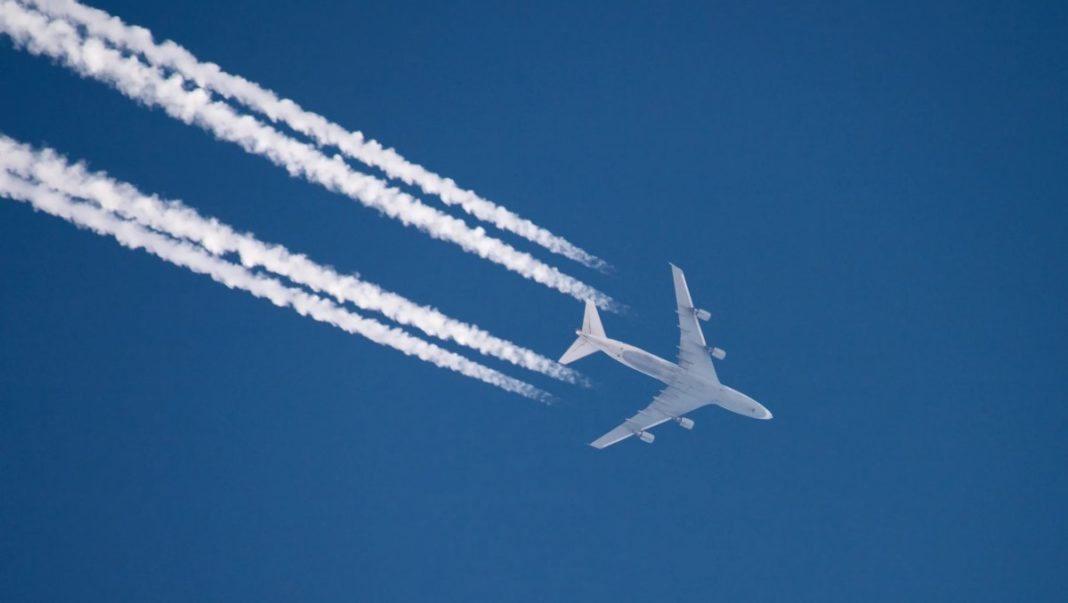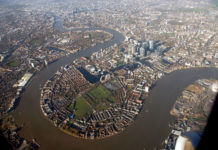To say that the pandemic seriously impacted the travel industry over the last 12 months is a huge understatement. The travel and tourism industry has been decimated by Coronavirus.
In the UK alone, the industry was expected to lose 2.4 million jobs in 2020 – a staggering 1 in every 28 people. In the USA the cruise ship industry – massively successful in 2019 – lost 254,000 jobs and an incredible US$32 billion in 2020. The airline industry stood to lose 4.8 million jobs worldwide in 2020. The knock-on effect on all the sectors airlines support translates into about 45 million lost jobs. The effects are not only devastating, they are ongoing and we are certainly not finished yet.
From March 2020 international travel and tourism almost completely disappeared. The crippling effects of government lockdowns, border closings, and fear of the disease proved a cocktail so potent that the entire industry was almost wiped from the world’s stage. And we should not expect it to rebound as dramatically as it collapsed.
Even as the Covid vaccine is rolled out, the travel industry faces enormous hurdles, at least in the short term. Many countries in the developing world – like South Africa, traditionally a huge tourist centre – have hardly begun vaccinating their citizens. With few financial resources, we just have no idea how slow their eventual rollouts will be. And the slow pace of vaccinations in Western Europe compounded by political and administrative issues means that Summer 2021 will most likely disappoint for tourism more than last year. Some of the biggest tourist markets like France and Italy show few signs of improvement with new bookings sluggish at best. The UK may be open but then again it may not.
Some countries may profit from all of this. For example, Iceland will open to all vaccinated travellers in April and because this is a country perfectly set up for a post Covid world – or rather a world in transition – it may prove to be the next “new thing” in Europe. It has few cities or even towns – now a virtue, and its appeal is its magnificent nature and outdoor spaces. It is not a cultural destination, doesn’t have a well-known cuisine and there isn’t much nightlife to speak of – all of which makes it more popular today than ever.
International travel will try hesitant steps to restart this summer. We are heading towards a tipping point where vaccinations keep moving up and infections/hospitalizations/deaths move down until more people feel comfortable with the idea of traveling. However mass tourism will probably have to wait till the end of 2021, 2022 or even 2023. How many people will feel comfortable going on a huge cruise ship? Or to a country with stubbornly high Covid and stubbornly low vaccinations? And then we have countries where the virus has been tackled efficiently and successfully by governments – countries such as Australia, New Zealand and Vietnam. Tackling the virus in the way they did means, however, they are still closed to the outside world and their citizens still cannot travel abroad. There is no clear timeline for resolving these issues.
The immediate future of the industry is murky.
In countries like the US where the vaccination rate is high and facilities, first class, people may feel more comfortable traveling domestically for a while. This could at least offset lost tourist money (and jobs) in certain countries.
For many poorer, less developed countries trying to substitute overseas visitors with domestic is much less viable. For many poorer countries – places like Peru, Nepal, Philippines, Vietnam, Cambodia and Jamaica to name but a few – domestic spending would really be a drop in the tourist-dollar bucket. The blow will continue to be crippling with little respite in sight.
These countries are likely to continue the trend of suffering: their tourist income and job markets already crushed; so too they are struggling to buy enough vaccines and tourists might be unwilling to visit where medical facilities are questionable and vaccination rates low.
It is a very, very precarious situation.
Expectant travellers in wealthier, first world countries may have to get used to carrying expensive insurance and booking, then cancelling, then (maybe) rebooking as travel restrictions shift, a pattern already established in recent months.
For myself, up until now a seasoned traveller, my approach to tourism will be cautious but tinged with some optimism. A domestic trip or two and then, later in the year, hopefully a trip to the Galapagos and South Africa. Tourism and travel is set to rebound – but it will be hesitant, baby steps for now. 2021 will be no 2019.





